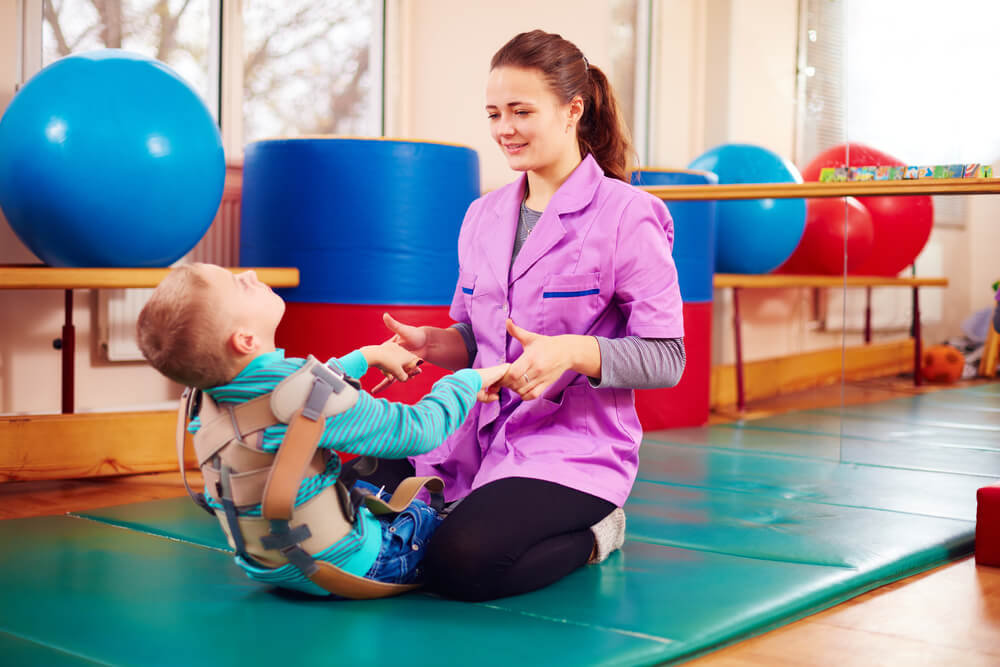Treatment Options for Erb’s Palsy
Erb’s palsy is caused when an infant’s brachial plexus nerve is damaged, typically from being picked up incorrectly by their arms. Treatment is most successful when started shortly after the injury occurred. If treated, there are typically no long-term residual effects after the nerves have healed. However, if left untreated, your child may suffer life-long effects from the injury, including total paralysis of the arm and shoulder and permanent weakness in the injured arm.
In most cases, the treatment for Erb’s palsy is daily physical therapy, focusing on maintaining the range of motion in the affected joints. However, if there is no improvement after the first three to six months, surgery might be required.
Treatment Options for Cerebral Palsy
The options available to treat cerebral palsy vary widely depending on the severity of the diagnosis and cerebral palsy type. For the most severe cases, surgery might be the best option. However, for mild and medium-severity cases, a combination of therapies, assistive and orthotic devices, and medications can treat most injury symptoms.


